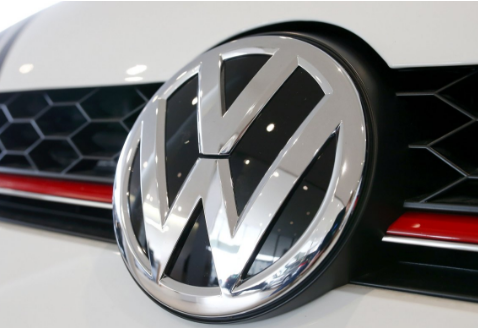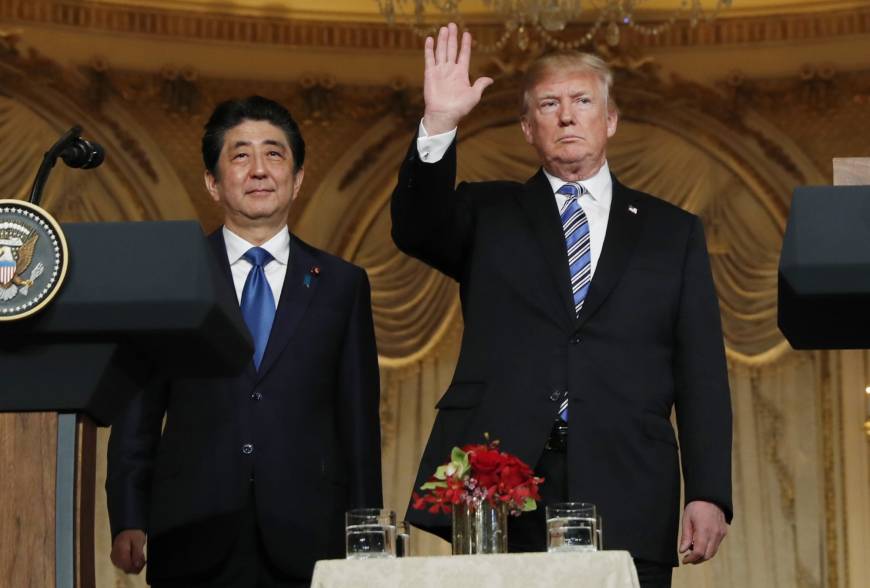Now Reading: Volkswagen considers bringing ride-hailing services to African roadblocks
-
01
Volkswagen considers bringing ride-hailing services to African roadblocks
Volkswagen considers bringing ride-hailing services to African roadblocks

Volkswagen’s Africa boss Thomas Schaefer is placing a $50 million bet on a new business built around ride-hailing and car-sharing in Africa. VW is using Rwanda as its laboratory.
“It was almost an industrial experiment,” Schaefer informed Reuters.
The German automaker’s project was released with some fanfare last December in Kigali – the capital and largest city of the country- but since then barely sufficient information has been revealed about how it has progressed.
VW informed Reuters the app for its “Move” ride-service now had over 23,000 registered users in Kigali. However just around 2,200 of those are active users – a fairly modest uptake so far in the city of more than 850,000 people.
In July, the ride-hailing service averaged 384 rides per day, a figure VW stated it aimed to double.
It may be a longshot but, if successful, the Rwandan project could help plot a future course for the automaker, and others, in Africa’s challenging auto sector by securing a foothold in the country’s rapidly growing ride-hailing space.
Industry experts are divided on the usefulness of the plan, with some questioning if the automaker can compete with the likes of Uber and Bolt in Africa or, in light of those firm’ losses, if it should even try.
While VW finds Kigali to be an ideal test ground, offering a data sample that’s statistically significant at a reasonable cost, critics state the city – where Uber and Bolt are absent – is not an accurate gauge of conditions in larger markets.
Schaefer stated that the experiment was still in its early stages, and that he’d like to give the business model a two-year test run before evaluating it.
And though it hasn’t yet considered a timeframe, Volkswagen informed Reuters it was already looking to Ghana in West Africa and Ethiopia, an increasingly reforming market of some 100 million people, as initial targets for an expansion of its mobility business.
International automakers such as VW, Nissan, Toyota, Honda and Peugeot, are also looking towards the potential in Africa, where incomes and consumer aspirations are on rise.
Stay Informed With the Latest & Most Important News
Previous Post
Next Post
-
 01Polestar Boss Says It’s Time To Outrun BMW M And Mercedes-AMG
01Polestar Boss Says It’s Time To Outrun BMW M And Mercedes-AMG -
 02Spy Shots: 2027 Mitsubishi Pajero Spotted in Testing Ahead of Possible U.S. Return
02Spy Shots: 2027 Mitsubishi Pajero Spotted in Testing Ahead of Possible U.S. Return -
 032026 Toyota Hilux EV: A Powerful Truck with Silent Torque
032026 Toyota Hilux EV: A Powerful Truck with Silent Torque -
![2027 Mercedes-Benz S-Class Debuts with V8 Engine [Photo Gallery]](https://speedlux.com/wp-content/uploads/2026/01/2027-Mercedes-Benz-S-Class-33-155x125.jpg) 042027 Mercedes-Benz S-Class Debuts with V8 Engine [Photo Gallery]
042027 Mercedes-Benz S-Class Debuts with V8 Engine [Photo Gallery] -
 052026 Corvette ZR1 Production Surges Past Expectations as Output Clears 1,000 Units
052026 Corvette ZR1 Production Surges Past Expectations as Output Clears 1,000 Units -
 06Spy Photos: VW ID. Polo GTI Goes Electric with 223 HP and 280 Miles of Range
06Spy Photos: VW ID. Polo GTI Goes Electric with 223 HP and 280 Miles of Range -
 07The Controversial Ford Voodoo V8 That Was Killed Off Too Early
07The Controversial Ford Voodoo V8 That Was Killed Off Too Early



![2027 Mercedes-Benz S-Class Debuts with V8 Engine [Photo Gallery]](https://speedlux.com/wp-content/uploads/2026/01/2027-Mercedes-Benz-S-Class-33-700x394.jpg)








































